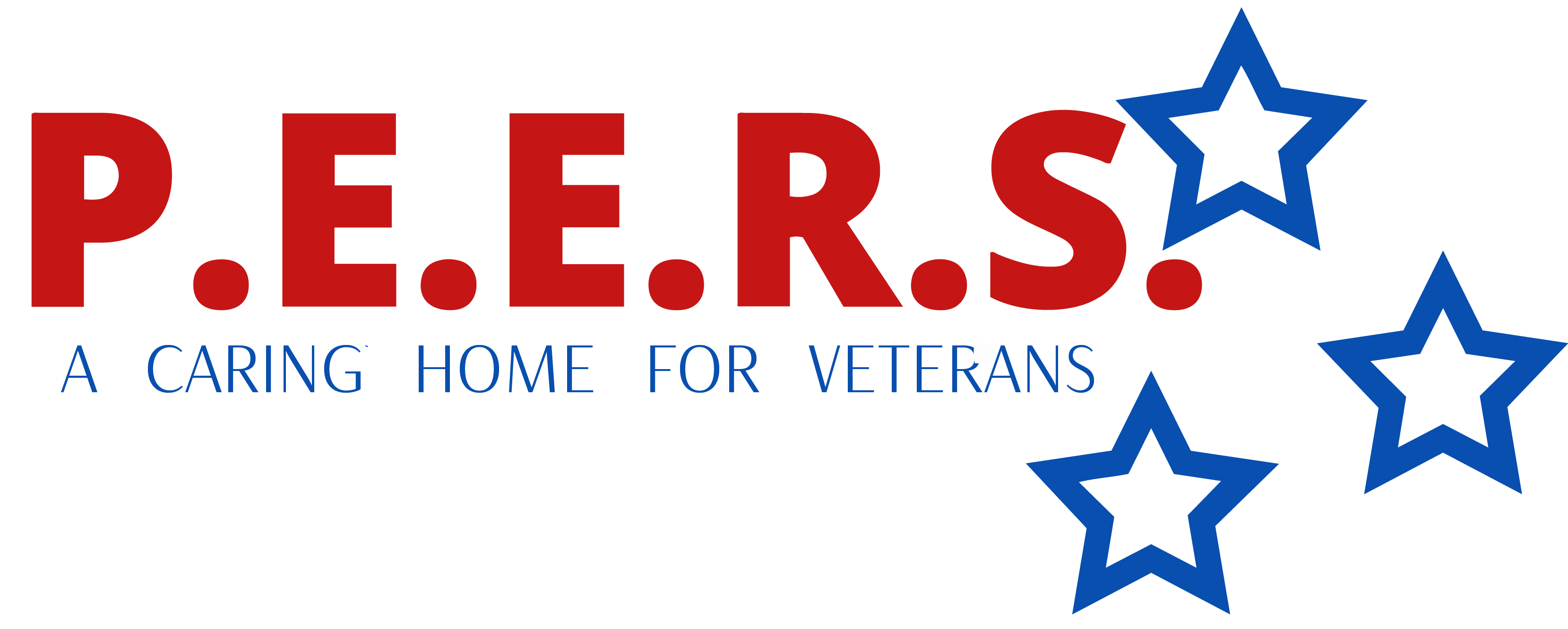Although flawless counts are impossible to come by – the transient nature of homeless populations presents a major difficulty – the U.S. Department of Housing and Urban Development (HUD) estimates that 39,471 veterans are homeless on any given night.
Approximately 12,700 veterans of Operation Enduring Freedom (OEF), Operation Iraqi Freedom (OIF) and Operation New Dawn (OND) were homeless in 2010. The number of young homeless veterans is increasing, but only constitutes 8.8% of the overall homeless veteran population.
In addition to the complex set of factors influencing all homelessness – extreme shortage of affordable housing, livable income and access to health care – a large number of displaced and at-risk veterans live with lingering effects of post-traumatic stress disorder (PTSD) and substance abuse, which are compounded by a lack of family and social support networks. Additionally, military occupations and training are not always transferable to the civilian workforce, placing some veterans at a disadvantage when competing for employment.
A top priority for homeless veterans is secure, safe, clean housing that offers a supportive environment free of drugs and alcohol.
To a certain extent, yes. Each year, VA’s specialized homelessness programs provide health care to almost 150,000 homeless veterans and other services to more than 112,000 veterans. Additionally, more than 40,000 homeless veterans receive compensation or pension benefits each month.
Since 1987, VA’s programs for homeless veterans have emphasized collaboration with such community service providers to help expand services to more veterans in crisis. VA, using its own resources or in partnerships with others, has secured nearly 15,000 residential rehabilitative and transitional beds and more than 30,000 permanent beds for homeless veterans throughout the nation. These partnerships are credited with reducing the number of homeless veterans by 70% since 2005. More information about VA homeless programs and initiatives can be found here.
Veterans need a coordinated effort that provides secure housing, nutritional meals, basic physical health care, substance abuse care and aftercare, mental health counseling, personal development and empowerment. Additionally, veterans need job assessment, training and placement assistance.
NCHV strongly believes that all programs to assist homeless veterans must focus on helping them obtain and sustain employment.
The most effective programs for homeless and at-risk veterans are community-based, nonprofit, “veterans helping veterans” groups. Programs that seem to work best feature transitional housing with the camaraderie of living in structured, substance-free environments with fellow veterans who are succeeding at bettering themselves.
Government money, while important, is limited, and available services are often at capacity. It is critical, therefore, that community groups reach out to help provide the support, resources and opportunities that most Americans take for granted: housing, employment and health care. Veterans who participate in collaborative programs are afforded more services and have higher chances of becoming tax-paying, productive citizens again.
Determine the need in your community. Visit with homeless veteran service providers. Contact your mayor’s office for a list of providers, or search the NCHV database.
Involve others. If you are not already part of an organization, align yourself with a few other people who are interested in attacking this issue.
Participate in local homeless coalitions. Chances are, there is one in your community. If not, this could be the time to bring people together around this critical need.
Make a donation to your local homeless veteran service provider.
Contact your elected officials. Discuss what is being done in your community for homeless veterans.


